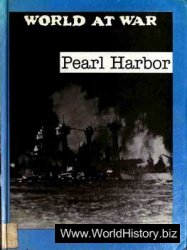A focus on oil and other natural resources reveals important patterns in the Cold War and highlights the relationship between resources and strategy.
Although US and British efforts to control world uranium supplies slowed the Soviet nuclear weapons program and raised the cost of the program to the Soviets, the Anglo-American quest for control of uranium "reflected and furthered" the transition of the Soviet Union from ally to enemy and thus contributed to the origins of the Cold War.781 It also led the United States to support the continuation of white rule in southern Africa. The brutal methods the Soviets used to extract uranium, while broadly representative of their behavior in the early Cold War, nonetheless proved counterproductive in the long run.
Until Soviet oil production recovered from World War II, the Soviets looked to Eastern Europe for oil. After 1954, East European dependence on Soviet oil and natural gas strengthened Soviet influence in the region, but did not buy loyalty. Oil exports to the West became the Soviet Union’s largest generator of foreign exchange and allowed the Soviets to buy grain and Western technology, but oil revenues also propped up a system that was in serious trouble and diverted attention from the need to reform.
Control of oil played a vital role in establishing and preserving US preeminence in the postwar international system. Maintaining access to foreign oil, especially the vast reserves of the Persian Gulf, remained a key priority of US foreign policy throughout the Cold War. Oil fueled Western prosperity and enabled the United States to promote the reconstruction of Western Europe and Japan while ensuring their international alignment. US efforts to maintain access to foreign oil led the United States not only to try to contain Soviet influence but also to oppose revolutionary nationalism in the Third World.




 World History
World History









